The Ghost Church
The skeletal white beams stand as a monument to religious dissent.
What looks like the skeleton of an open-air chapel sits on the side of a rural road in Mechanicsville, Virginia. But what locals call the “ghost church” is more of a suggestion of a building. The white beams that comprise the structure were erected on the place where the historic Polegreen Church once stood.
Samuel Morris, a local brick mason in Hanover, began offering his home to family and neighbors to read the Bible and religious tracts on Sunday mornings. This marked the beginning of the Hanover dissenters, who fought the state-sanctioned Anglican church at a time when doing so could result in jail time.
The dissenters used Polegreen, built in 1764, as a meeting house. The church played a vital role in the pre-Revolutionary struggle for civil and religious liberties. A newly ordained Samuel Davies was invited to preach at Polegreen. Davies, Virginia’s first licensed non-Anglican minister, was a pioneer in the movement to teach slaves to read. He’s also credited as the first American hymn writer. The slave spiritual “Lord, I Want to be a Christian in My Heart” originated at Polegreen.
In 1864, during the Civil War, Polegreen Church burned to the ground. The foundation of the original church is on the National Register of Historic Places.
Know Before You Go
The Historic Polegreen Church site is open from sunrise to sunset, year-round.


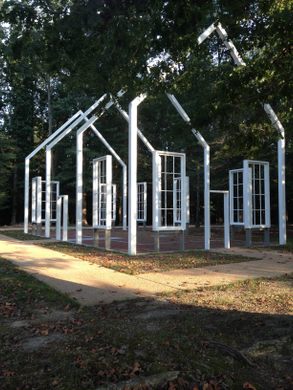
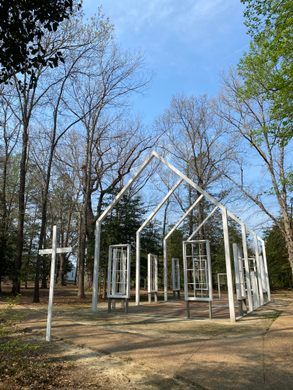
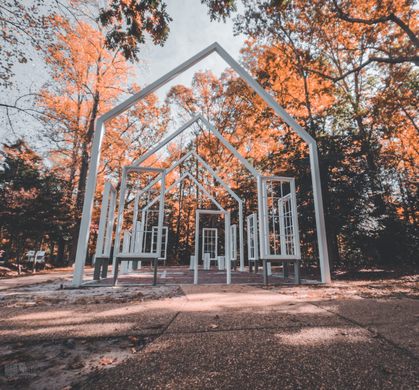








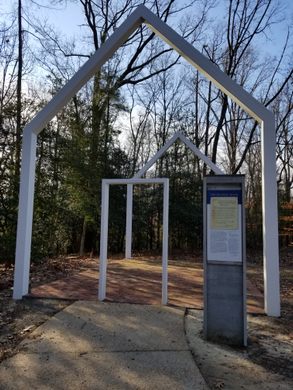
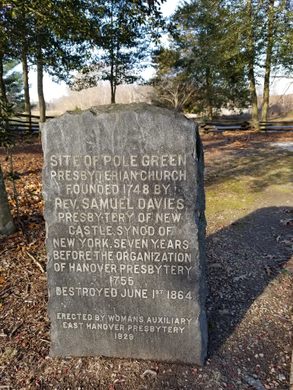
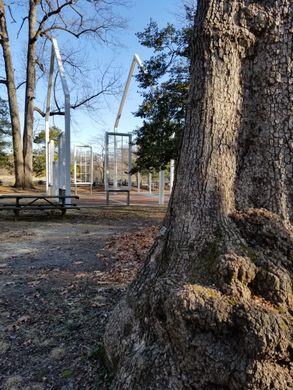



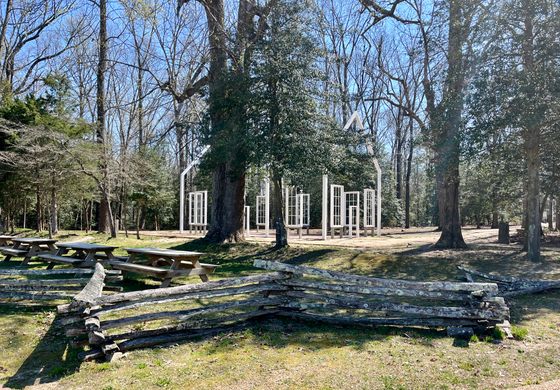













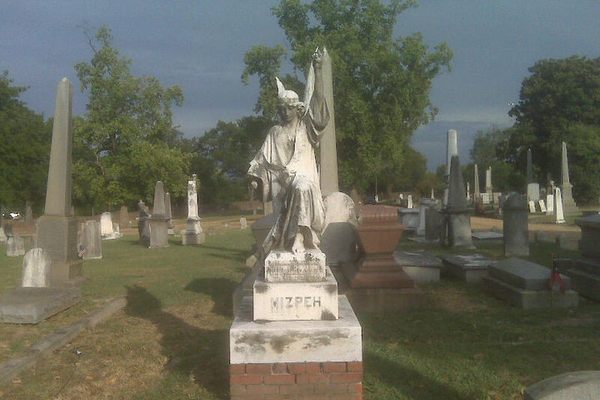

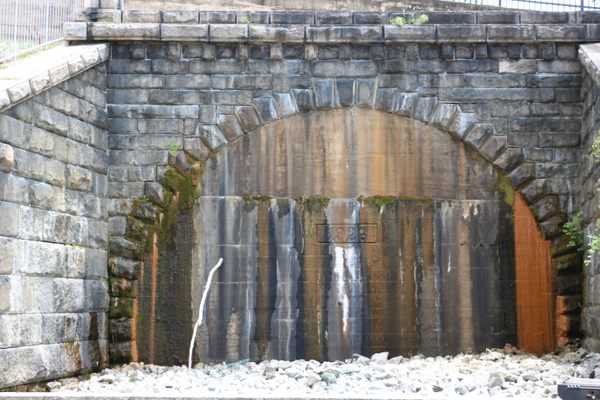
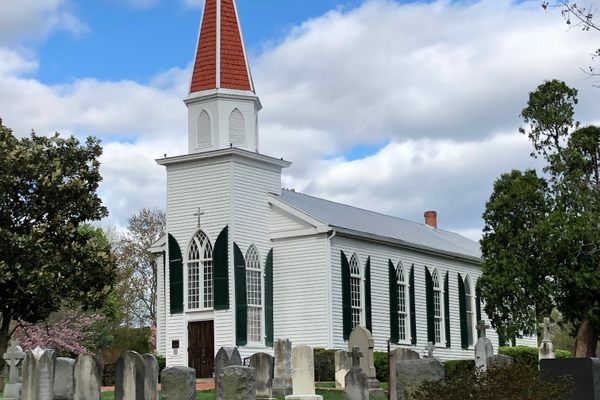




Follow us on Twitter to get the latest on the world's hidden wonders.
Like us on Facebook to get the latest on the world's hidden wonders.
Follow us on Twitter Like us on Facebook